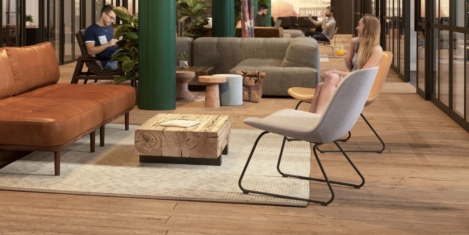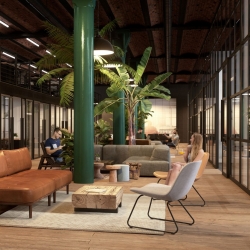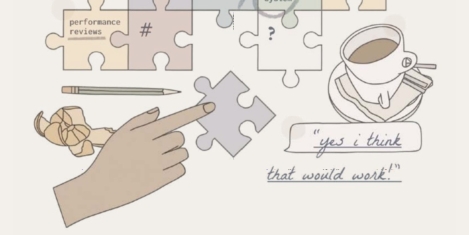January 29, 2020
People ten times more likely to stay in their job for friendships than a pay rise
 Following reports that job applications on the first working Monday of the New Year spiked by 89 percent compared to the average Monday in December, many UK businesses may be missing a trick in their efforts to retain staff, new research has suggested. When researchers commissioned by Eko asked 1,000 employees what factors would make them stay in their job for longer, they were ten times more likely to stay put for friendships than for a pay rise. Indeed, only 3 percent of workers cited a pay rise as something that would make them stay with their employer for longer. (more…)
Following reports that job applications on the first working Monday of the New Year spiked by 89 percent compared to the average Monday in December, many UK businesses may be missing a trick in their efforts to retain staff, new research has suggested. When researchers commissioned by Eko asked 1,000 employees what factors would make them stay in their job for longer, they were ten times more likely to stay put for friendships than for a pay rise. Indeed, only 3 percent of workers cited a pay rise as something that would make them stay with their employer for longer. (more…)











 Getting on well with colleagues gives workers greater job satisfaction than having a good salary, new research has claimed. “
Getting on well with colleagues gives workers greater job satisfaction than having a good salary, new research has claimed. “
 Millions of women could be missing out on higher salaries as 82 percent never negotiate their pay when applying for jobs, new research has claimed. The fear of being “rude” or “ungrateful”, compounded by concerns from 21 percent that asking for equal pay could jeopardise benefits such as maternity leave or flexible working, is silencing women when it comes to money, the survey of 1,000 working women suggests.
Millions of women could be missing out on higher salaries as 82 percent never negotiate their pay when applying for jobs, new research has claimed. The fear of being “rude” or “ungrateful”, compounded by concerns from 21 percent that asking for equal pay could jeopardise benefits such as maternity leave or flexible working, is silencing women when it comes to money, the survey of 1,000 working women suggests. 
 An 1860s warehouse located in the original Granada Studios estate in Manchester city centre has opened its doors as a coworking space for small and medium businesses.
An 1860s warehouse located in the original Granada Studios estate in Manchester city centre has opened its doors as a coworking space for small and medium businesses. 








 Artificial intelligence (AI) and emerging technologies such as virtual personal assistants and chatbots will replace 69 percent of managers’ workload by 2024,
Artificial intelligence (AI) and emerging technologies such as virtual personal assistants and chatbots will replace 69 percent of managers’ workload by 2024, 
 Most executives around the world are out of touch with what it takes to lead effectively and for their businesses to stay competitive in the digital economy, a new
Most executives around the world are out of touch with what it takes to lead effectively and for their businesses to stay competitive in the digital economy, a new 








January 24, 2020
Workplace culture can eat strategy for breakfast
by Alistair Craig • Comment, Workplace design